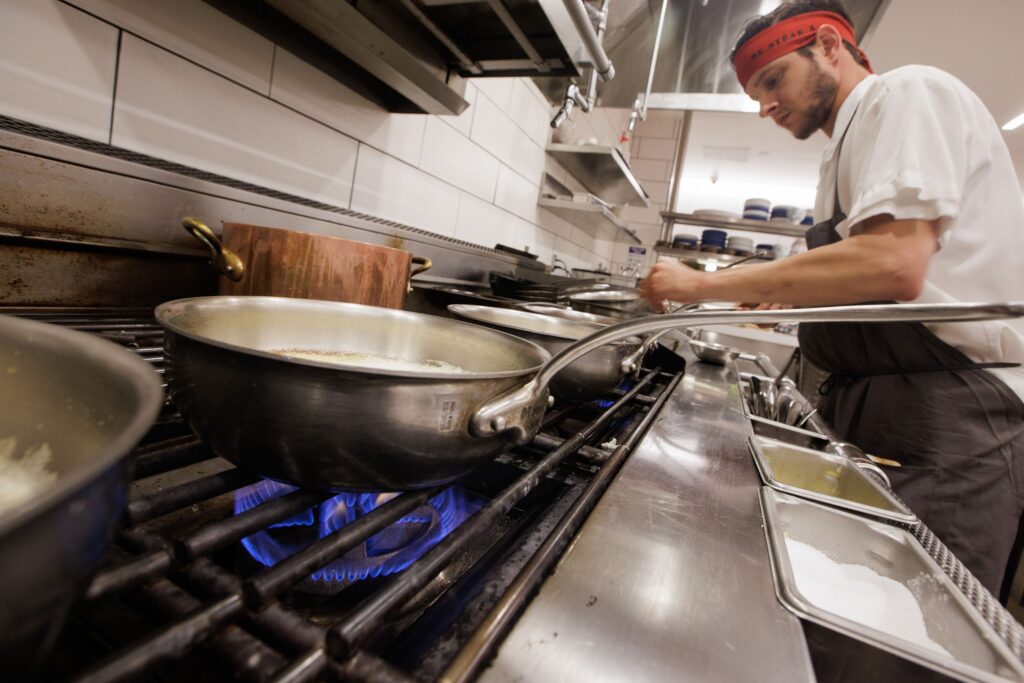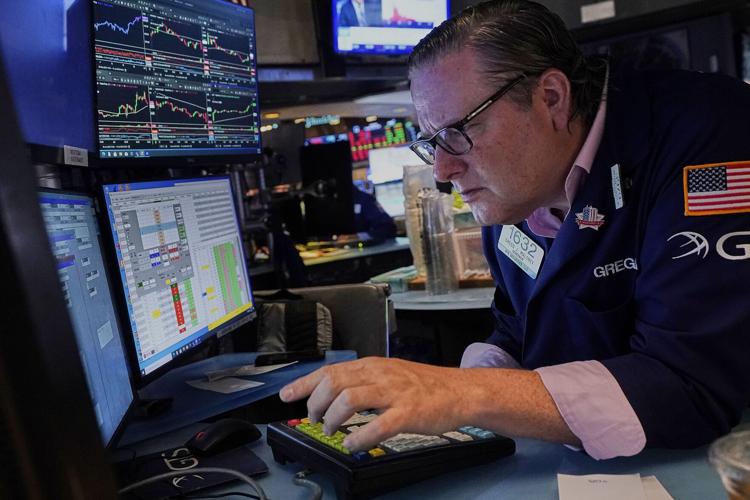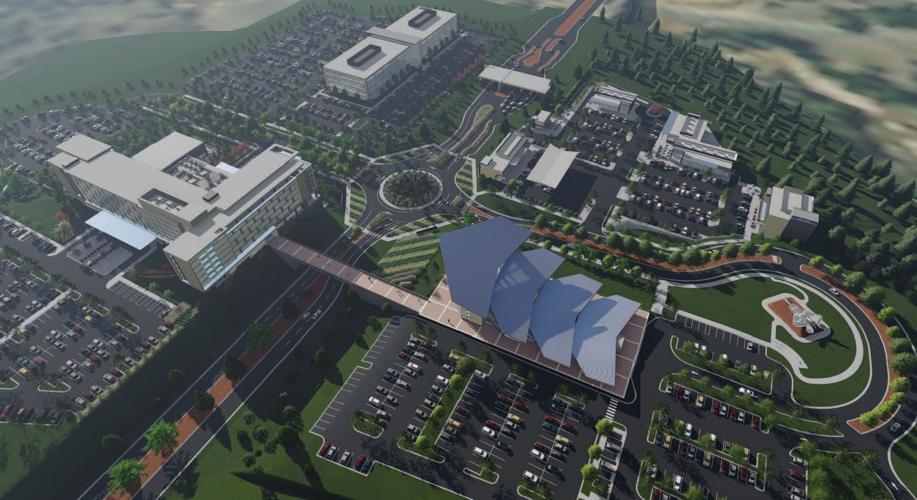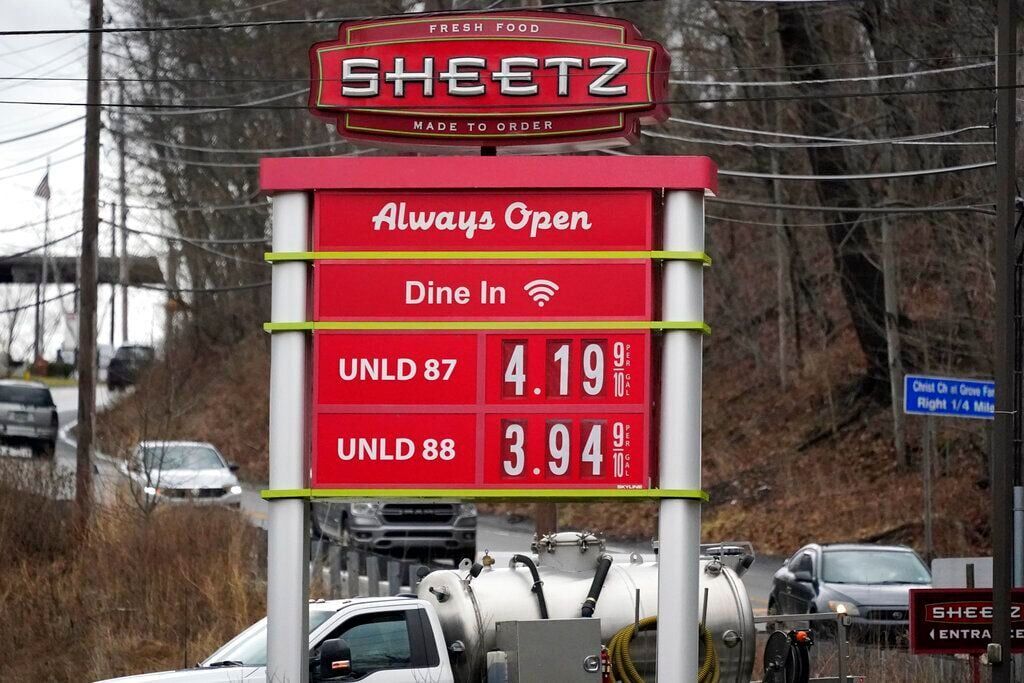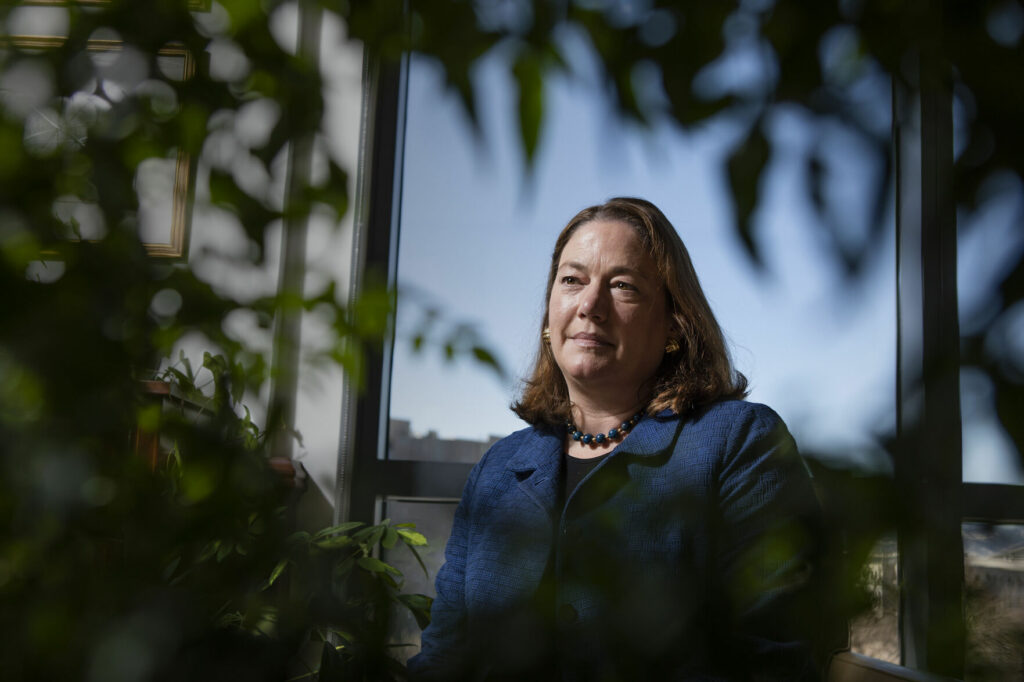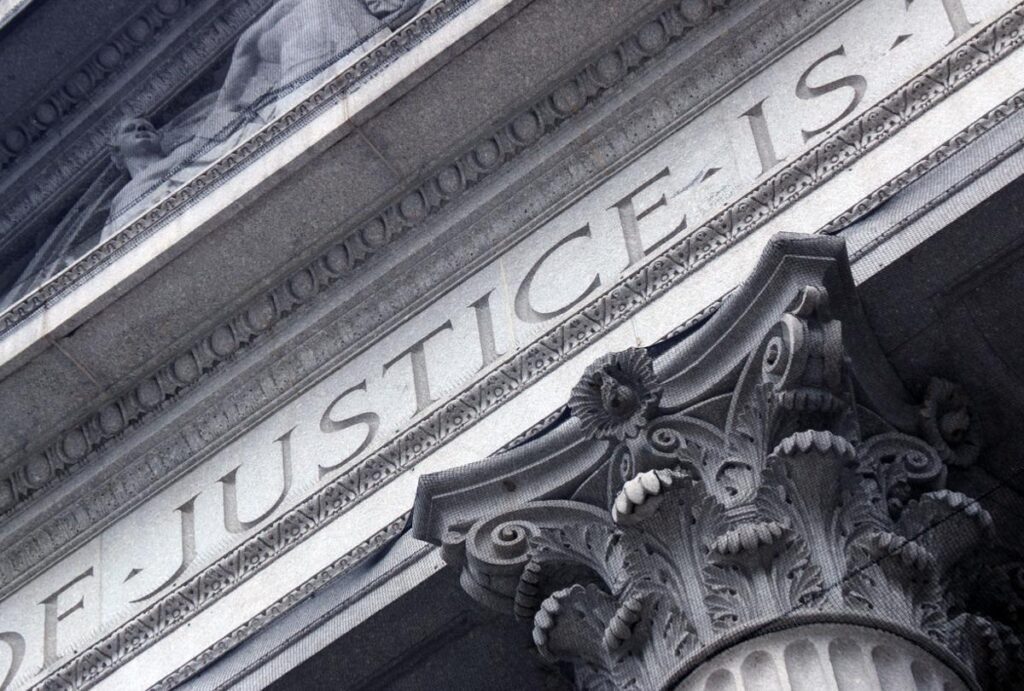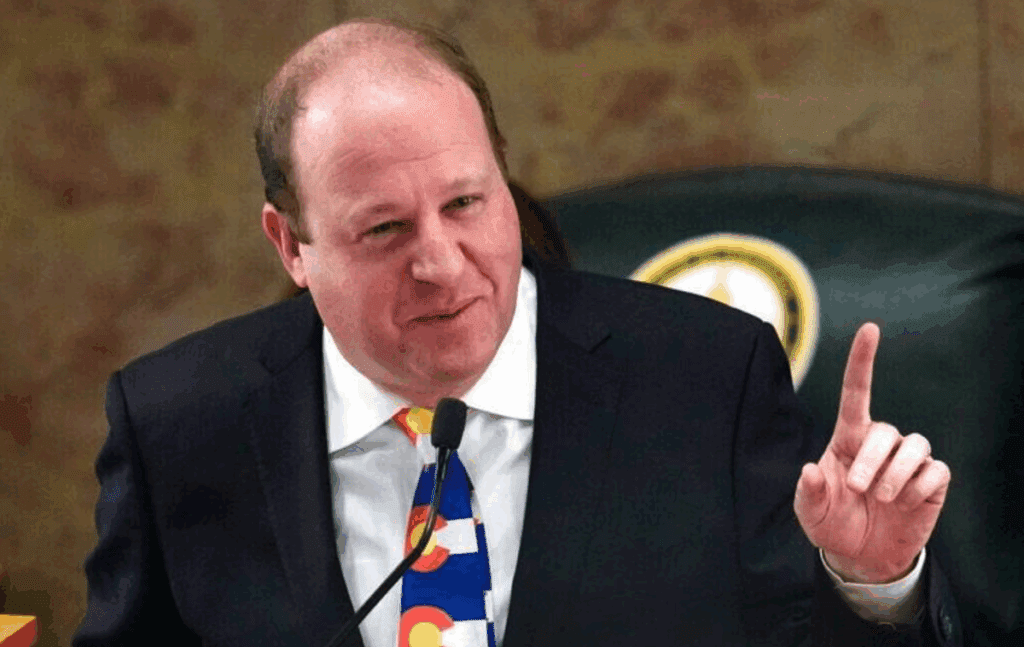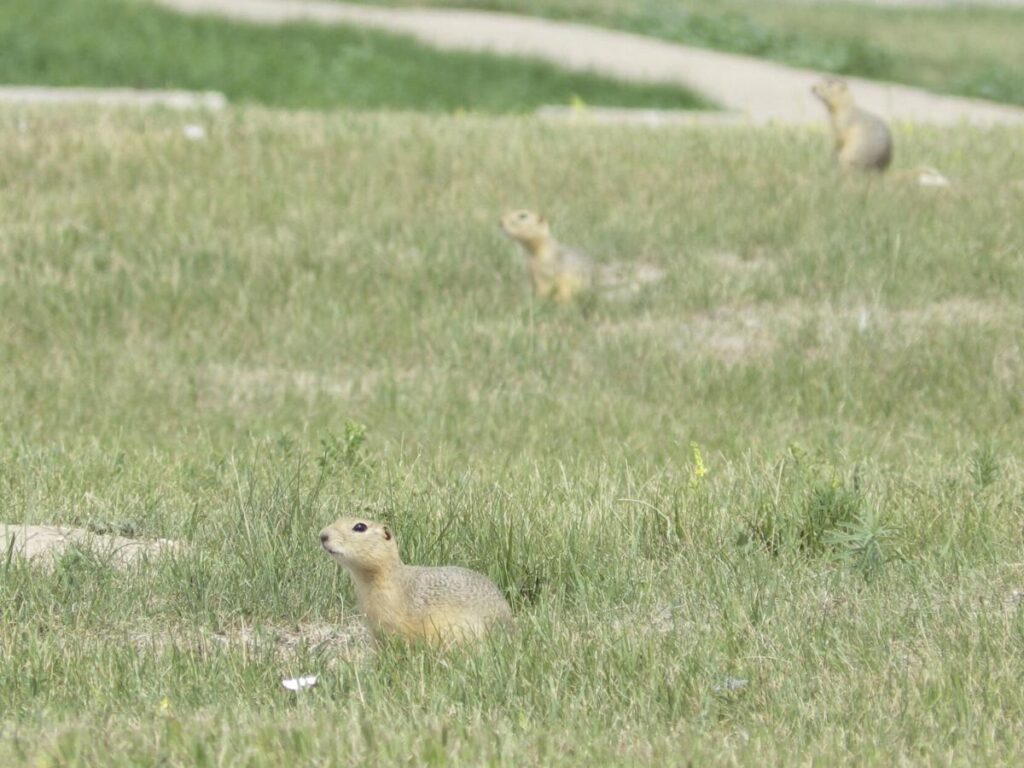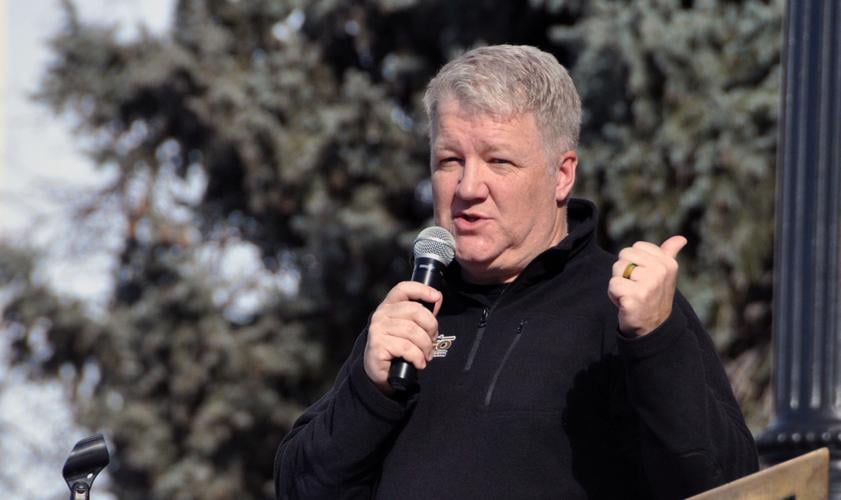Boulder sets its sights on soda

While attention has been focused on Colorado’s battle over beer and wine, advocates of a soda tax in Boulder have been making their move to place a measure on the November ballot.
Healthy Boulder Kids has filed ballot language which proposes a two-cent-per-ounce excise tax on sugary drinks including sodas and other beverages made with sugar, sweeteners, powders and syrups. For perspective, a 20-ounce soda would be subject to a 40 cent tax.
Beverages on Boulder’s target list include drinks that contain at least 5 grams of sugar, high fructose corn syrup or other added sweeteners per 12 fluid ounces. How popular the measure would be is uncertain. It could mean a targeting of not only your gas station variety beverages but those from Starbucks and other trendy coffee shops that are prevalent in Boulder as they are elsewhere throughout the greater metro area.
The group points out that the tax would be paid by the distributor — not the consumer — although retailers could certainly choose to pass the cost along to the customer.
Healthy Boulder Kids states that its primary intent is to reduce obesity for children and to create a healthier overall community in Boulder. The group believes the tax will go a long way to help reduce obesity and other health issues.
“Consumption of sugary drinks is at an all-time high and the health impacts are serious,” said John Lamson, spokesman for the campaign. “Every 12-ounce sugary drink consumed by a child increases their risk of become obese by 60 percent.”
Despite Boulder’s image as a healthy community, Lamson said the community is not immune from the issue of overconsumption of unhealthy foods and beverages.
“Our own community’s obesity rate has doubled since 2000,” he said. “So, nutritionists, doctors, parents and concerned citizens came together decided to do something about it.”
The campaign is off to a steady start. The group has already turned in ballot language which is currently being reviewed by the city clerk. If approved in the next week or two, the group may begin gathering the more than 6,000 signatures it anticipates needing in order to qualify for the ballot.
But nationally, similar ballot measures have had mixed results. Except in Berkeley, California, where a soda tax was passed overwhelmingly, 76 percent to 24 percent, soda tax measures attempted in areas with similar demographics to Boulder have failed.
In 2012, a soda tax on the ballot in a city within the San Francisco Bay Area was rejected 67 percent to 33 percent. That same year, a soda tax on the ballot in Los Angeles County fared even worse, getting defeated 76 percent to 24 percent.
Closer to home, previous efforts in Colorado also have failed. In 2013, the group “Kick the Can Telluride” proposed a one-cent-per-ounce tax — half that of the Boulder proposal — on sugary beverages, but voters kicked the measure to the curb by a 68 percent to 32 percent margin.
But Healthy Boulder Kids is aware that getting the ballot measure passed will be an uphill slog.
“The American Beverage Association and their allies have spent millions to fight local sugary drink tax efforts, [and] we expect the same here,” said Lamson. “Grassroots support will be our greatest strength, and we will surely need it as we anticipate that the beverage industry will pour money into opposition.”
Speaking of funding, the group insists that fellow soda tax advocate and former New York City Mayor Michael Bloomberg has not contributed to the effort.
“We have not accepted any funding from Michael Bloomberg and we doubt he or his foundation will make a contribution to the campaign,” said Lamson. “We’re already facing a beverage industry poised to spend millions against us, so we’re focused on recruiting local volunteers to get the word out and raising money from the people who live here, not on scratching potential donors off the list.”
For now, members of Healthy Boulder Kids said they expect to have no problem gathering the requisite signatures to qualify for the ballot. Thus far, they have had help from Healthier Colorado, which has helped the group become operational.
If they make it to the ballot box, the question is: can the campaign beat the odds of the soda tax campaigns that have come before them, or will their measure fizzle and fall flat? Only the voters in Boulder will have the answer to that question. The rest of us will have to wait to find out.



